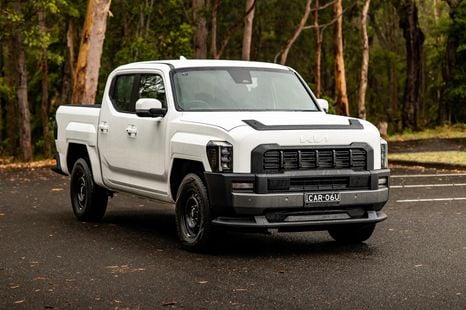

Damion Smy
Kia Tasman drive-away deals extended amid ongoing slow sales
10 Minutes Ago
How can Australia commit to zero emission vehicle goals if it’s behind on global vehicle emission standards, asks University of NSW.

Senior Contributor
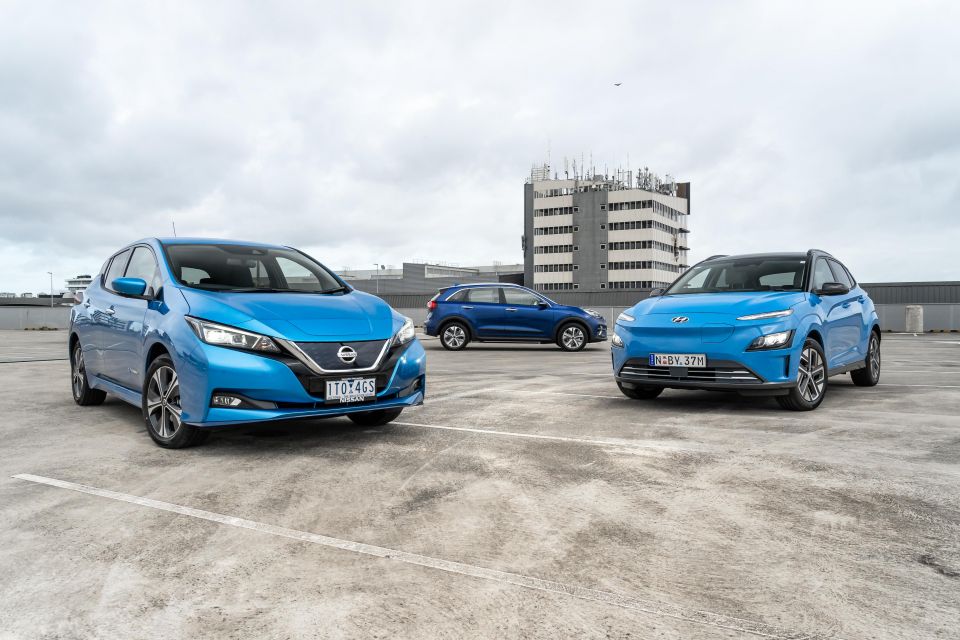

Senior Contributor
Australia’s fuel efficiency and emissions standards have fallen well behind the global curve, and our love of SUVs and dual-cab utes is likely sending average fleet efficiency in the wrong direction.
This is the view of the University of NSW (UNSW) in Sydney, which has also backed up the widely held view of the car industry that cohesive, federal CO2-mitigating policies need to adopted to both improve supply of, and demand for, ZEVs.
“The transport sector is one of the continuing growth areas of Australia’s emissions profile,” said Joint Director of UNSW Collaboration on Energy and Environmental Markets, Associate Professor Iain MacGill.
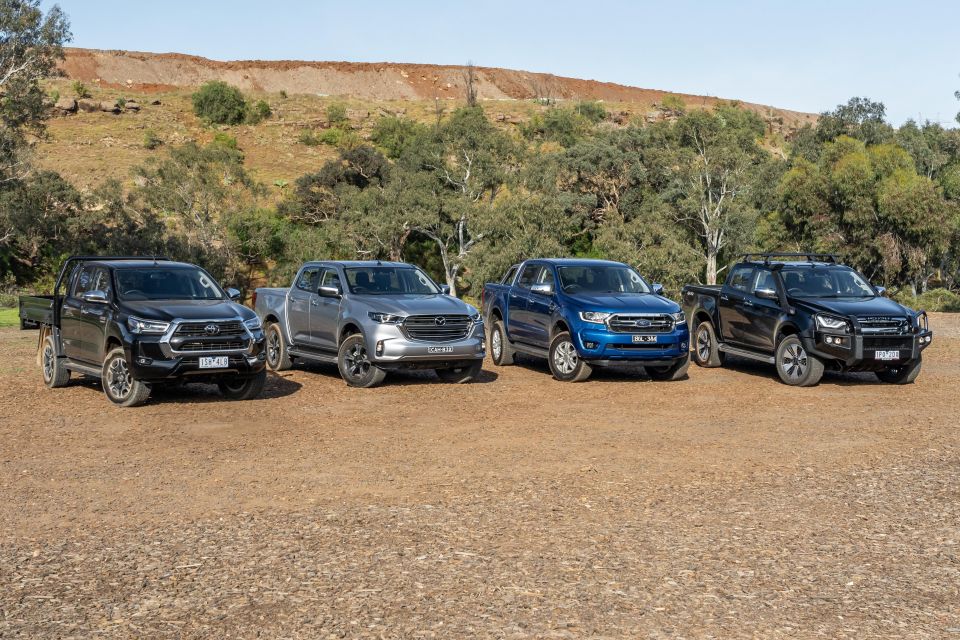
“However, we’ve seen so many petrol-fuelled sports utility vehicles and [largely diesel] twin cab utes being purchased that it seems likely that the average fuel efficiency of Australian cars is going backwards.
“We are actually making progress on cleaning up electricity, but really struggling with transport emissions, which continue to climb.”
Last year, less than one per cent of new cars bought in Australia were EVs. That compares with more than four per cent globally, almost six per cent in China and nearly 75 per cent in Norway. However as reported here, EV sales are surging in 2021 (nudging two per cent of passenger and SUV sales).
MORE: Emissions targets explained, Q&A with FCAI chief executive Tony Weber
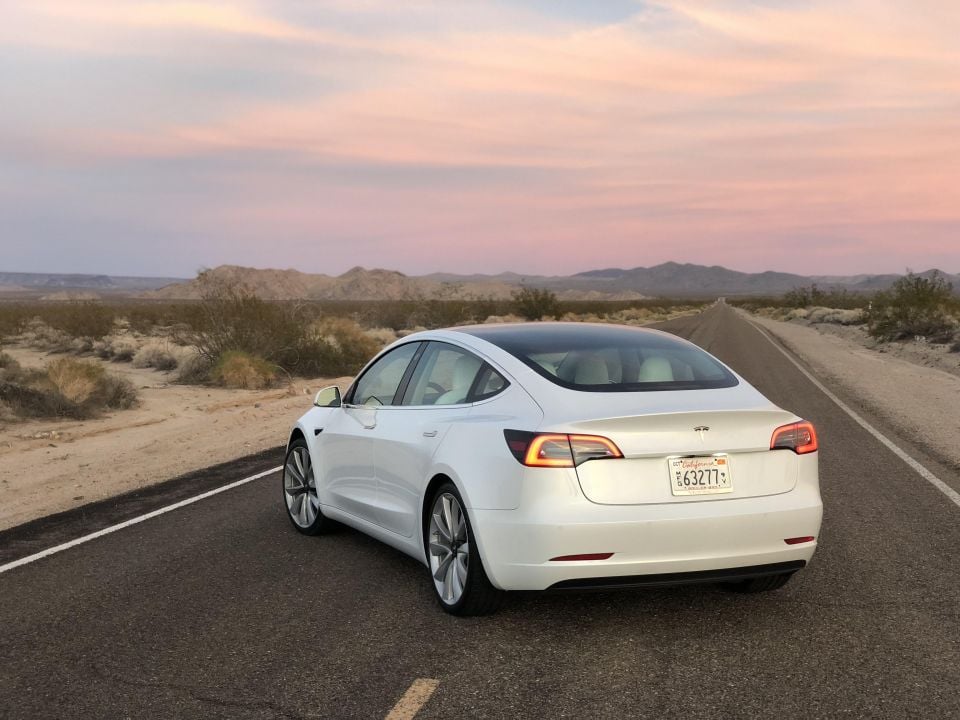
Associate Professor Anna Bruce from the UNSW School of Photovoltaics and Renewable Energy Resources, believes the absence of clear (federal) government policy is the biggest reason why Australia is lagging in the transition to EVs.
“The catalogue of EVs available to Australian drivers is very limited because we don’t really have a clear policy on it. This discourages car manufacturers… ” she says.
“It’s also difficult to import second-hand vehicles into the country and on top of that, there are additional road taxes for EV owners (as per Victoria’s mileage charge). So, it’s roadblocks like these which are impeding the adoption of EVs in Australia.
MORE: NSW electric car incentive package passes into law
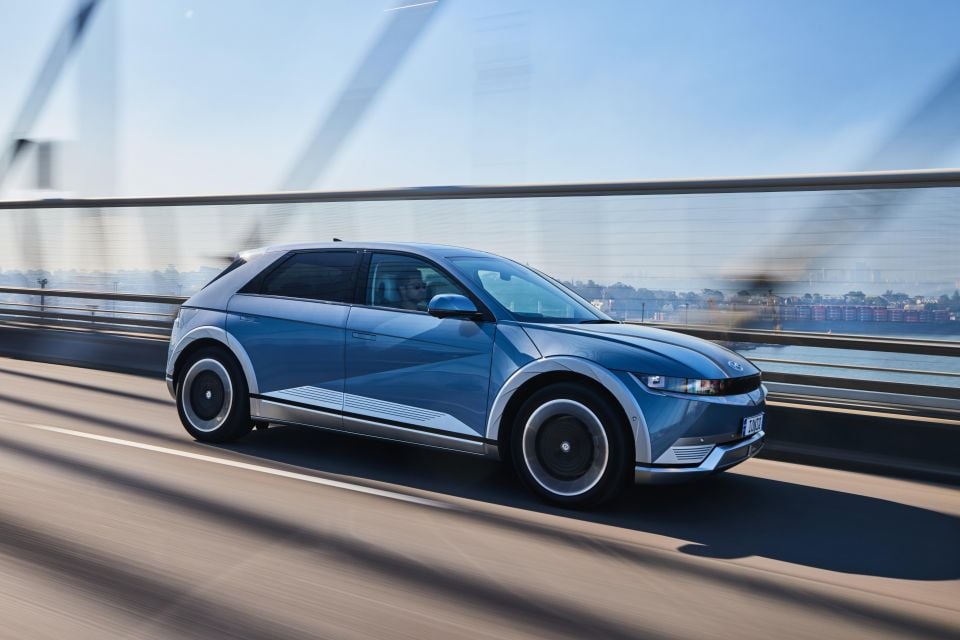
“It’s like the chicken and egg dilemma – but without proper policy and regulation, then demand for EVs will remain low.”
The same could be said about the network of EV charging infrastructure, added A/Prof. MacGill.
“Why should Australia invest in more charging stations if there’s little EV sales? At the same time, why would drivers buy an EV if they’re concerned about the lack of charging stations?” he said.
“Australia’s an interesting mix in that we’re highly urbanised – so we take the view that our car should get us around town for 51 weeks of the year. But for the other week we might want to drive all the way to another state.
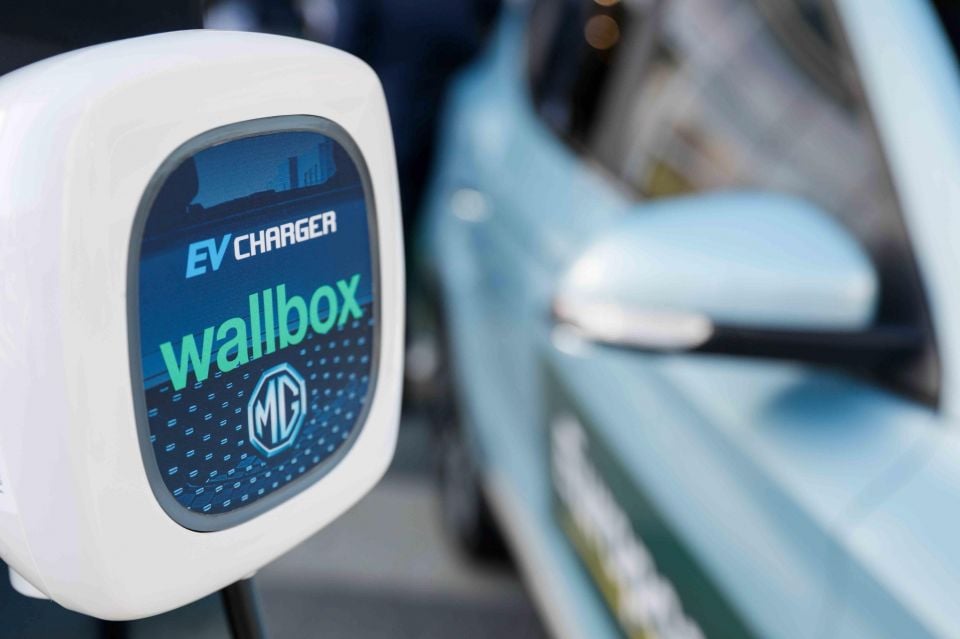
“In most cases, nearly all the charging happens at home anyway but it’s for those special occasions where we need to drive long distances.
“The charging network can satisfy the number of current EVs but if that number were to double overnight, there will be challenges and we’ll need to rollout more infrastructure to support demand.”
Despite being one of the world’s leaders in renewable energy research and innovation, Australia’s vehicle emission standard is still based on the European Emission Standard five, which is now over a decade old.
MORE: Australian government co-funds rollout of 400 public EV charge points
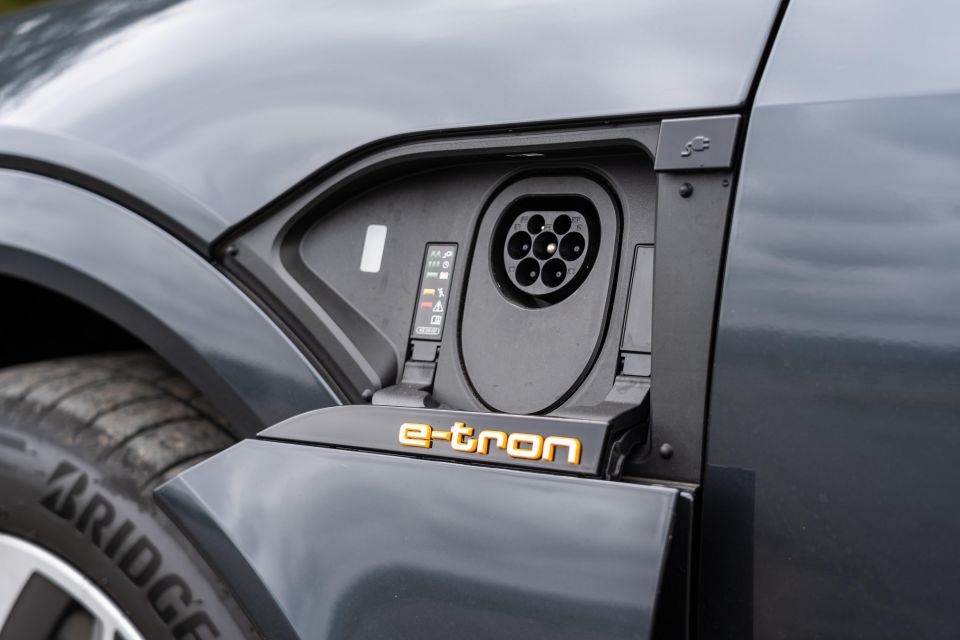
More than 80 per cent of the global car market now follows Euro 6 vehicle emission standards, including Europe, the United States, Japan, Korea, China, India and Mexico.
Australia isn’t signing up until 2027 at present, and unlike many countries including the UK and Canada has not yet pledged to phase-out ICE vehicles. The European Commission is proposing a 55 per cent cut for new car CO2 emissions by 2030, and a 100 per cent cut by 2035.
There have been calls for precisely this from the likes of Australia’s Grattan Institute thinktank – not to ban existing petrol/diesel cars, but to stop new ones – however the FCAI lobby group for the car brands opposes any such move.
MORE: How Australia’s emissions standards compare with Europe MORE: Australia’s dirty fuel – and when it’ll get cleaner MORE: Australian car industry keeps calling for new government-backed CO2 targets


Damion Smy
10 Minutes Ago
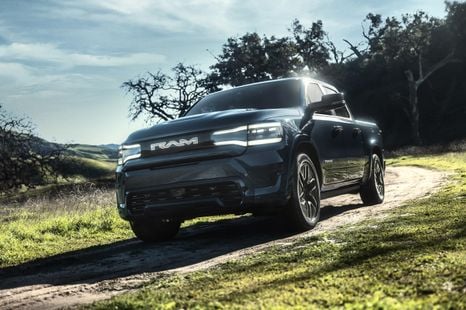

Derek Fung
4 Hours Ago
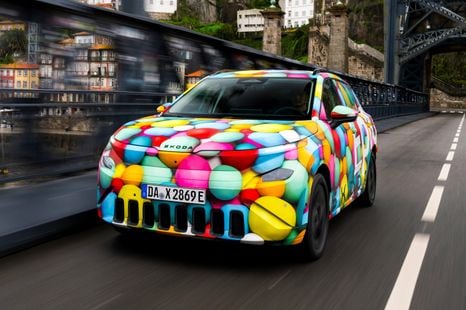

Dave Humphreys
16 Hours Ago

Damion Smy
17 Hours Ago
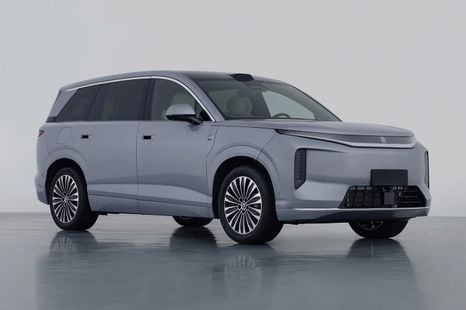

William Stopford
17 Hours Ago


CarExpert
18 Hours Ago
Add CarExpert as a Preferred Source on Google so your search results prioritise writing by actual experts, not AI.